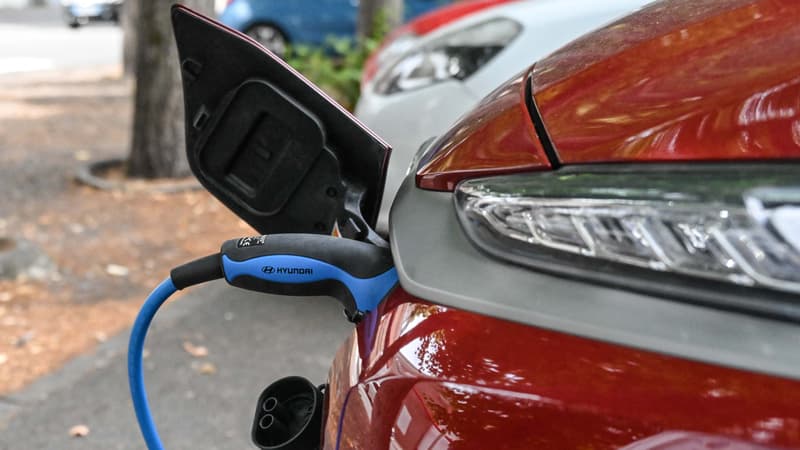To attract drivers who drive electric vehicles, McDonald’s France will offer them the possibility of charging their battery while eating a sandwich. The idea is, in short, quite classic. Supermarkets were among the first to install electric terminals in their parking lots to attract electric car users. And since loading wasn’t super fast, they could expect those customers to spend time in their store.
This is a little different. Thanks to an agreement with Izivia, an EDF subsidiary, the 2,000 terminals that will be installed will allow reaching 80% autonomy in 20 minutes. All at a price that the two partners promise “attractive.” And, above all, you will be able to pay this “almost complete” amount with your bank card, which is far from the norm today in most charging systems, except at home or in the office.
Up to 800 kilometers of autonomy for the future electric Alfa Romeo
While waiting for the transition to the terminal to be (almost as) quick as refueling with gasoline, most manufacturers seem to be betting only on an increase in autonomy. In its latest developments, it is close to that of thermal models: up to 700 kilometers for the Peugeot E-3008 and even a little more in the Mercedes CLA.
The Korean Kia has just launched an SUV with a range of 720 kilometers, 40 more than the Tesla Model 3. Alfa Romeo has even announced that its electric Giulia could travel up to 800 kilometers between two recharges. All this with the condition that you do not drive at full speed on the highway… But this is not the most frequent use of a car.
Renault boss points out an ecological aberration
There is even an absurd side to installing huge batteries to guarantee those 700 kilometers of autonomy to SUVs, which are already very heavy. In the end, that’s a lot of wasted energy just moving those hundreds of kilograms. This is exactly what the boss of Renault, Luca de Meo, said last week in the presentation of his ambitions in the electrical sector… Comments taken up by Numerama.
What’s the point of having a lot of battery? (…) Have 200 kWh of battery in a pickup. This makes no sense (…) From an ecological point of view, it is a disaster.”
Therefore, during long trips, especially during vacations, you will have to get used to breaking up the trip by stopping to recharge the car. Hoping that if terminals become faster and more numerous, this will be less of a problem than today.
No more than 42 kilometers traveled each day on average
In any case, it is important to remember when choosing your vehicle that this use remains, for most of us, exceptional. According to a recent study by Enedis, the average mileage traveled each day by electric car owners is limited to 42 kilometers. Even in rural areas it does not exceed 50 kilometers.
Is it really essential to be able to drive for two weeks without charging the car knowing that doing so will consume much more electricity? This is a question you should ask yourself when buying your car. Obviously leaving aside the particular cases of taxis, VTC, vendors… In short, all those who make intensive professional use of their car.
Source: BFM TV


